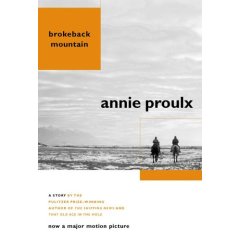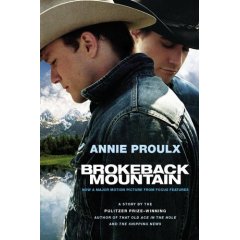What with all the access preserving, the source stroking and the advertiser cultivating going on, I guess I shouldn’t be surprised at the utter lack of real context or actual reporting when it comes to fashion.
Stories about Helmut Lang’s split with Prada dutifully transcribe Patrizio Bertelli’s party line about how unprofitable Lang’s line had become, thanks to his “reputation for being stubborn, refusing to work with fabrics or techniques he deemed inferior even if lower costs would help the bottom line.” Meanwhile, Bertelli, who has clashes with any designer not his wife, is “an intense and uncompromising businessman dedicated to improving the performance of the brands Prada acquired.”
The magic formula, of course, was–and still supposedly is–high-margin accessories and fragrances. Um, yeah, but that’s the same story Prada was telling when they bought control of Helmut Lang’s business six years ago. And didn’t I buy Helmut Lang fragrances several times in a Helmut Lang Fragrance Store across Greene St from the original boutique?
These multi-luxury brand companies are managed like portfolios, with their different brands positioned to complement and offset each other. Problems arise when these brands are highly correllated, and they end up competing instead. That can throw a portfolio’s performance out of whack.
By buying Jil Sander and Helmut Lang, Bertelli wasn’t just expanding the reach of Prada’s empire; he was co-opting any potential rivals for Miuccia’s own throne. If Lang’s sales suffered under Prada management, maybe it’s because they forced his brand down market and out of direct competition with Prada both on price and quality. After the 1999 deal, Lang’s clothes dropped 20-30% in price, but the quality easily dropped in half, especially on the menswear side. I tried for a couple of seasons to keep buying his suits, but they just sucked. Lang had been transformed into basically a Prada bridge line, Prada University Club. The kicker, of course, was that even though it cost more, Prada’s menswear also sucked, thanks to Bertelli’s commitment to the bottom line.]
Given Bertelli’s evident management biases and track record, is it any wonder about why Prada has such a hard time going public? Damn, but that company pisses me off.
Helmut Lang to split from Prada [IHT]
Question for Prada: Now What? [NYT]


